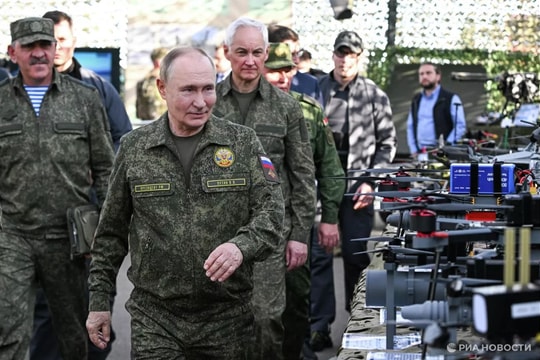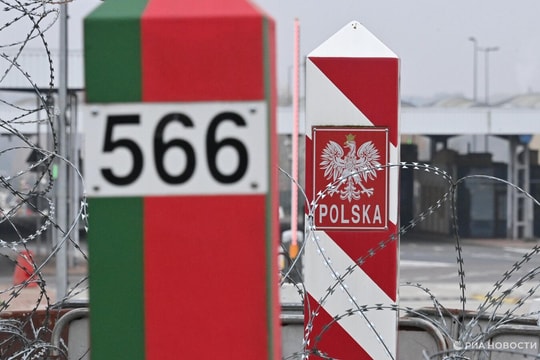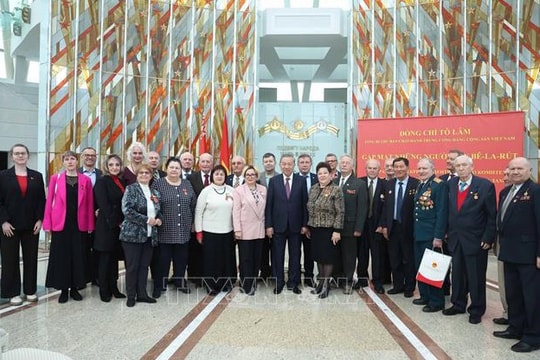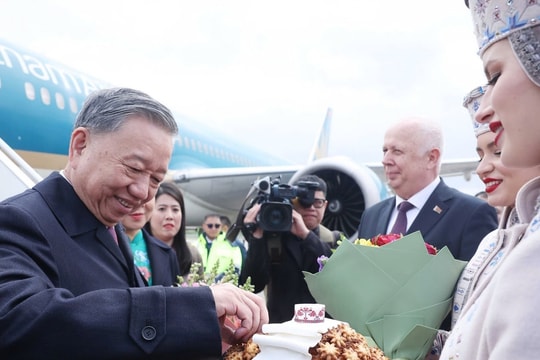Belarusian female writer wins 2015 Nobel Prize in Literature
The literary career of female writer Svetlana Alexievich fully depicts the Soviet Union in human history.
As predicted by bookmakers, female writer Svetlana Alexievich became the 112th Nobel Prize winner in history for Literature. The Swedish Academy announced: “The 2015 Nobel Prize in Literature is awarded to Svetlana Alexievich in honor of her polyphonic writings. Her writings are a monument to the suffering and courage of our time. Her extraordinary writings help humanity gain a deeper understanding of an entire era of the world - the era of the Soviet Union."
Svetlana Alexievich is the 14th female writer to be awarded this prize. Born on May 31, 1948, in the town of Ivano-Frankivsk, Ukraine, to a Belarusian father and a Ukrainian mother, Alexievich grew up in Belarus, where both her parents were teachers. She studied journalism at Minsk University from 1967 to 1972. After graduating, she worked as a journalist on the Polish border and then moved to the capital Minsk to work.
During her career as a journalist, she interviewed thousands of witnesses who experienced the most shocking events of the Soviet bloc, including World War II, the Soviet-Afghan War (1979-1989), the collapse of the Soviet Union (1991) and the Chernobyl nuclear disaster (1985). Her works are considered to be literary and emotional chronicles of Soviet history and people.
 |
| Svetlana Alexievich grew up in journalism. |
The author's first book, War's Unwomanly Face, was based on the author's interviews with hundreds of women who fought in World War II. The novel is a series of narratives by female characters who experienced the war. Each character's story creates a rich and fresh picture of World War II. After its publication in 1985, the book was reprinted more than two million times. In addition to describing war through the female characters' perspectives, she also wrote about war from the perspective of children in The Last Witnesses: the Book of Unchildlike.
Her other notable novel is Zinky Boys (1992), which directly addresses the experiences of the Soviet-Afghan War. In addition, her series Voices from Chernobyl is also highly appreciated by experts when revolving around the Chernobyl nuclear disaster.
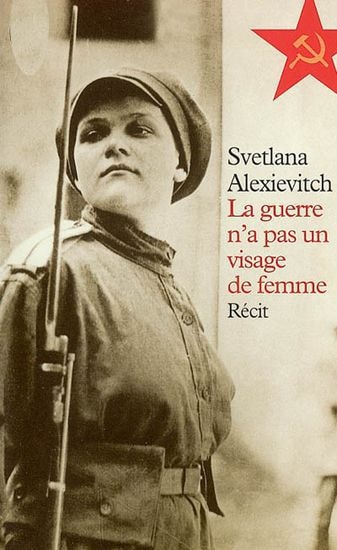 |
| Cover of the book "War has no woman's face". |
Most of Alexievich’s literary works are included in the collection called Voices of Utopia – a comprehensive portrayal of the Soviet way of life during the war and after the collapse of the Union. The latest book in this collection is Second-hand Time: The Demisse of the Red (Wo)man – completed in 2013.
Alexievich's works have been published in more than 19 countries such as the US, Germany, UK, Japan, Sweden, France, China, Bulgaria, India. In addition to writing, she also writes plays and films.
In 1987, the novel War's Unwomanly Face was translated into Vietnamese by Nguyen Ngoc with the title War has no woman's face (Da Nang Publishing House).
According to Vnexpress
| RELATED NEWS |
|---|

